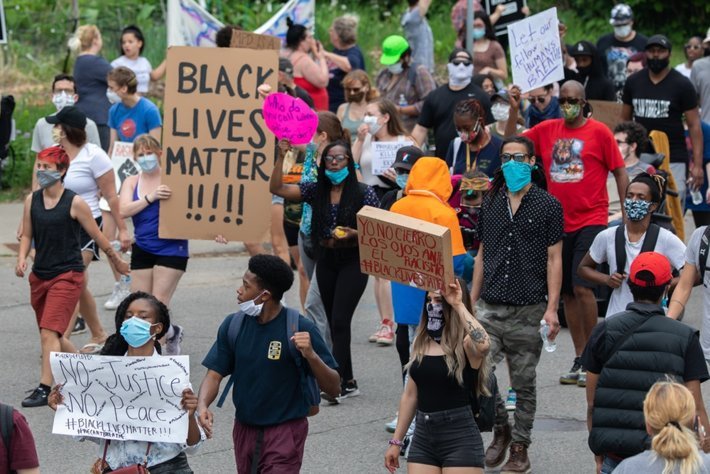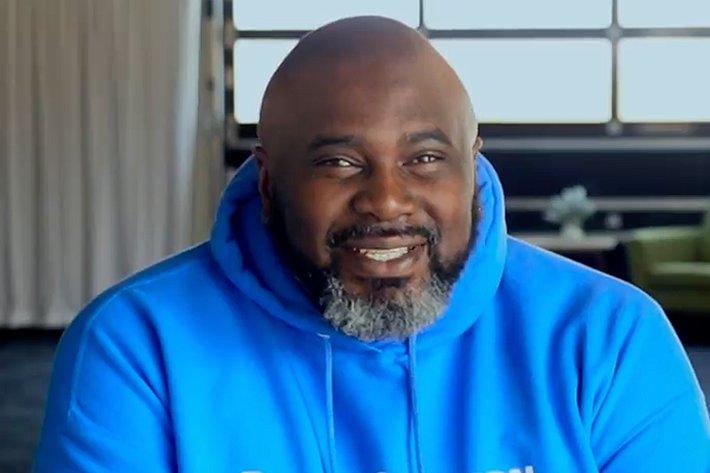As the Black Lives Matter movement swept the country and inspired worldwide protest, two academics specializing in religion and community life addressed what churches can do to confront and reverse racial injustice.

Elaine Howard Ecklund and Rachel C. Schneider lead the Religion and Public Life program at Rice University, where they regularly hold conferences with leaders from diverse religious groups and from the civic community to study “how religion can build common ground for the common good,” as they describe their work in a recent Religion News Service opinion article.
The article was published June 19, Juneteenth, which commemorates the day in 1865 when the arrival of federal troops in Galveston, Texas, marked the end of slavery in the United States.
Also on June 19, Fox TV reported that some 10,000 people, including activists from more than 700 churches, participated in the OneRace Movement in Atlanta, Georgia, calling for “a clear biblical response of righteousness and justice from the Church and our city … across lines of race, class, denomination, and culture,” according to the movement’s website.
The authors quoted from recent Congressional testimony by Philonise Floyd, brother of George Floyd, the African American whose death at the hands of police in Minneapolis in May ignited international protest: “I’m tired of the pain I’m feeling now and I’m tired of the pain I feel every time another black person is killed for no reason. I’m here today to ask you to make it stop. Stop the pain. Stop us from being tired.”
“Many faith leaders are also asking what they can do to stand with those who are suffering,” the article states. Ecklund and Schneider urge religious leaders to embrace structural change. “Being part of the problem means we can be part of the solution.”
Holding elected officials and leaders of public institutions accountable for their role in dangerous policies and actions is one way faith groups can influence lasting change, Ecklund and Schneider wrote. Additionally, faith communities can make efforts to learn about “systemic racism closer to home and, armed with new knowledge, can financially commit to support racial equity.”From its beginnings, the Church of Scientology has recognized that freedom of religion is a fundamental human right. In a world where conflicts are often traceable to intolerance of others’ religious beliefs and practices, the Church has, for more than 50 years, made the preservation of religious liberty an overriding concern.
The Church publishes this blog to help create a better understanding of the freedom of religion and belief and provide news on religious freedom and issues affecting this freedom around the world.


